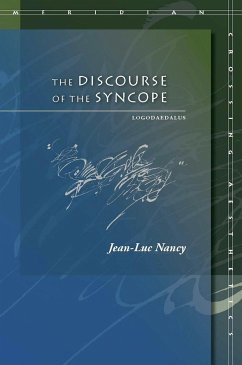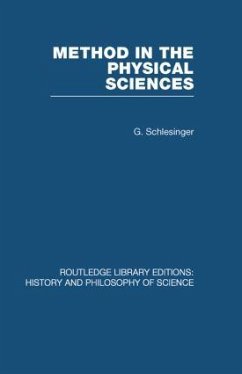
Discourse On The Method Of Rightly Conducting One'S Reason And Of Seeking Truth In The Sciences
Versandkostenfrei!
Versandfertig in 1-2 Wochen
12,99 €
inkl. MwSt.

PAYBACK Punkte
6 °P sammeln!
What if the key to truth wasn t found in answers but in the courage to question everything? Ren Descartes' Discourse on the Method is more than a philosophical treatise it s a timeless manifesto of clarity, doubt, and the relentless pursuit of truth. First published in 1637 and long out of print, this groundbreaking work is now beautifully restored and republished by Alpha Editions for today s thinkers, dreamers, and collectors. In this literary cornerstone, Descartes invites readers into the birth of modern reason. With the famous declaration I think, therefore I am, he challenges centuries o...
What if the key to truth wasn t found in answers but in the courage to question everything? Ren Descartes' Discourse on the Method is more than a philosophical treatise it s a timeless manifesto of clarity, doubt, and the relentless pursuit of truth. First published in 1637 and long out of print, this groundbreaking work is now beautifully restored and republished by Alpha Editions for today s thinkers, dreamers, and collectors. In this literary cornerstone, Descartes invites readers into the birth of modern reason. With the famous declaration I think, therefore I am, he challenges centuries of tradition and lays the foundation for scientific thought and self-inquiry. This work not only revolutionised philosophy it redefined how we perceive knowledge, existence, and ourselves. More than just a reprint, this edition is a collector s item and a cultural treasure. Faithfully restored in elegant print, it preserves the integrity of the original while making it accessible for future generations. Own a piece of intellectual history where Western thought took its boldest leap forward.



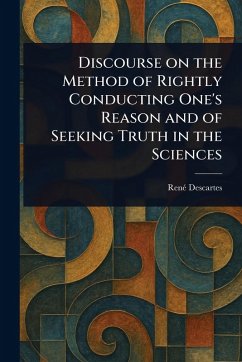
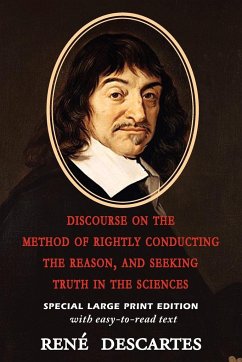

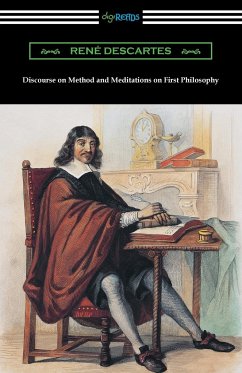
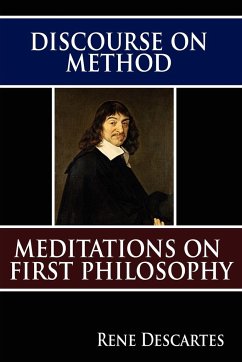
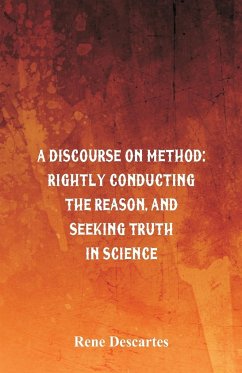
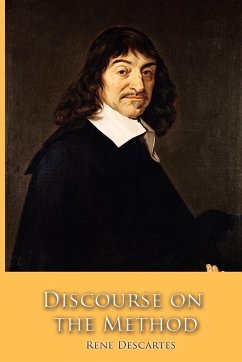
![Precious Lessons From the Lips of Jesus [microform]: Containing Cautions, Counsels and Consolations for Such of the Disciples of Christ as Are Seeking Cover Precious Lessons From the Lips of Jesus [microform]: Containing Cautions, Counsels and Consolations for Such of the Disciples of Christ as Are Seeking](https://bilder.buecher.de/produkte/65/65491/65491537n.jpg)
